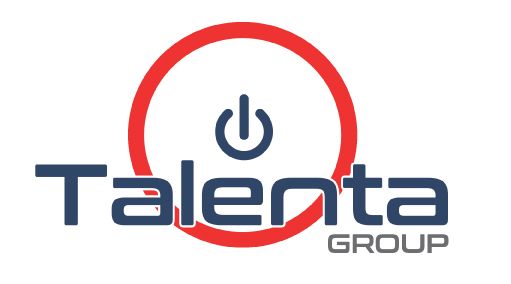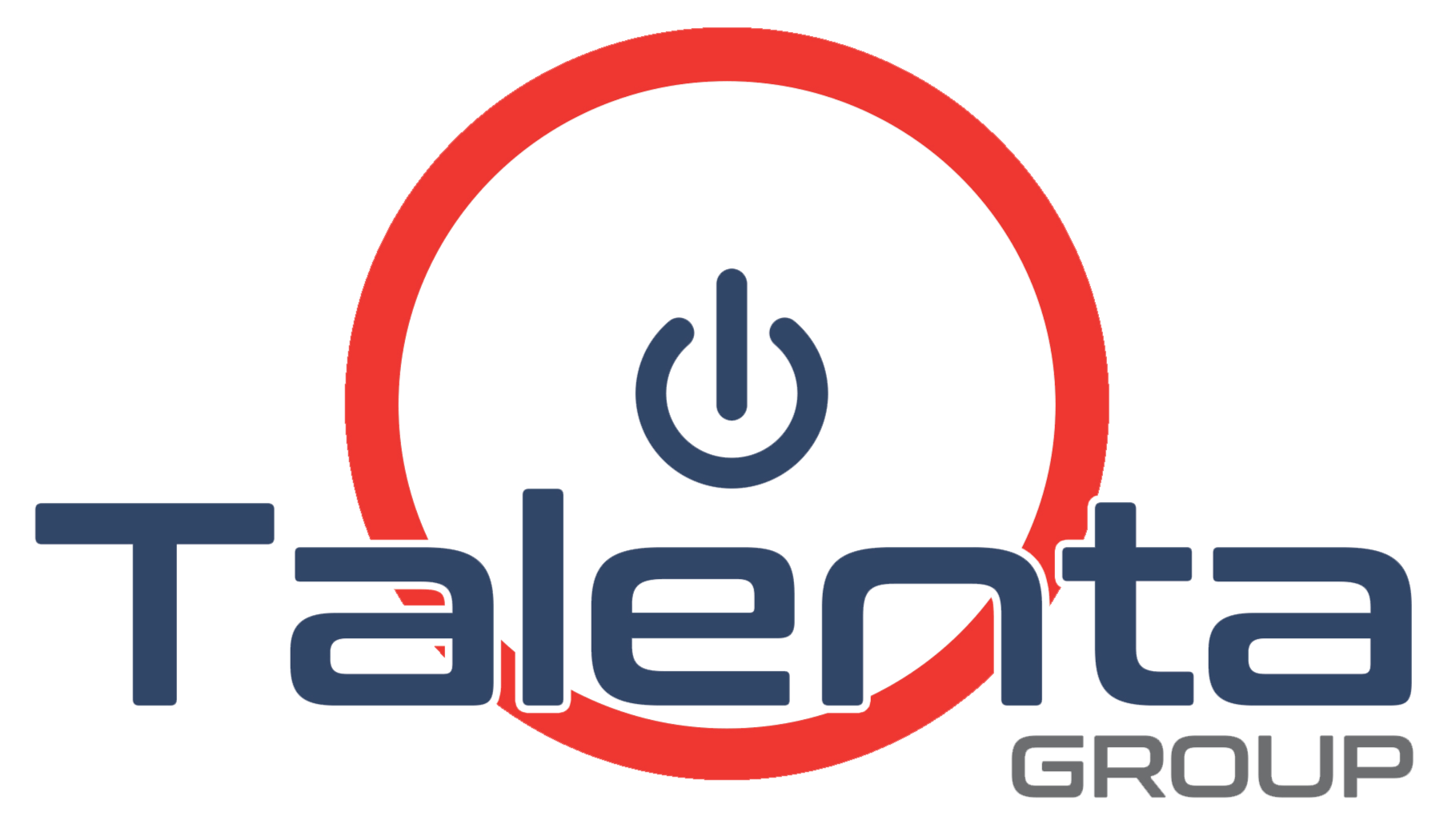Resume Tips That Get You Noticed in Competitive Industries
In today’s fast-paced job market, standing out from the crowd is essential, especially in competitive industries like tech, finance, healthcare, and marketing. Your resume is often your first chance to make an impression, so it’s critical to craft a document that showcases your skills, achievements, and potential in a clear and compelling way.
Here are expert tips to help your resume rise to the top of the pile.
1. Tailor Your Resume for Each Job
A one-size-fits-all resume won’t cut it in competitive industries.
• Analyze the Job Description: Highlight the skills and experiences that align with the specific role you’re applying for.
• Use Keywords: Incorporate keywords from the job posting to help your resume pass through applicant tracking systems (ATS).
• Customize Your Objective or Summary: Write a personalized statement that aligns with the company’s mission and the job’s requirements.
2. Highlight Your Achievements, Not Just Duties
Employers want to know the impact you’ve made, not just what you were responsible for.
• Quantify Your Successes: Use numbers to demonstrate your accomplishments (e.g., “Increased sales by 25% over six months”).
• Focus on Results: Showcase how your actions benefited the company, such as improving processes, saving costs, or driving growth.
• Use Action Verbs: Start bullet points with strong verbs like “developed,” “led,” “implemented,” or “streamlined.”
3. Keep It Clean and Professional
First impressions matter, and your resume’s design should reflect your professionalism.
• Stick to a Simple Format: Use clean fonts, consistent spacing, and clear section headers.
• Limit It to One or Two Pages: Employers value concise, relevant information over lengthy resumes.
• Avoid Overly Creative Designs: Unless you’re in a creative field, keep visuals minimal to ensure readability.
4. Showcase Relevant Skills
Highlight the skills that make you a strong candidate for the role.
• Technical Skills: List software, tools, and industry-specific expertise relevant to the job.
• Soft Skills: Include transferable skills like communication, leadership, and problem-solving, but back them up with examples.
• Certifications and Training: Highlight additional qualifications that set you apart.
5. Include a Professional Summary
Your summary is your elevator pitch—make it count.
• Be Concise: Summarize your career highlights in 3–5 sentences.
• Focus on Value: Explain how your skills and experience align with the company’s needs.
• Show Personality: Use a tone that reflects your professionalism and enthusiasm for the role.
6. Optimize for ATS (Applicant Tracking Systems)
Many companies use ATS to screen resumes before they reach a human recruiter.
• Use Standard Formatting: Avoid tables, graphics, and non-standard fonts that ATS might struggle to read.
• Incorporate Keywords: Match your skills and experiences with terms in the job description.
• Avoid Abbreviations: Write out acronyms fully on the first mention (e.g., “Customer Relationship Management (CRM)”).
7. Don’t Overlook the Basics
A single mistake can hurt your chances, so ensure your resume is flawless.
• Proofread Thoroughly: Check for typos, grammatical errors, and inconsistencies.
• Provide Clear Contact Information: Include your name, email, phone number, and LinkedIn profile.
• Use Professional Language: Avoid slang or overly casual language.
8. Add a Cover Letter for Extra Impact
A compelling cover letter can set you apart from other candidates.
• Personalize It: Address the hiring manager by name and reference the specific role.
• Tell Your Story: Highlight key achievements that align with the job and expand on your resume.
• Show Enthusiasm: Convey genuine interest in the company and the role.
9. Keep It Updated
Your resume should always reflect your most current skills and experiences.
• Add New Roles Immediately: Don’t wait until you’re job hunting to update your resume.
• Include Relevant Volunteer Work: Showcasing volunteer experience can highlight leadership and community involvement.
• Refresh Design Trends: Make sure your resume aligns with current expectations in your industry.
10. Seek Professional Feedback
A second pair of eyes can help you refine your resume.
• Ask Mentors or Colleagues: Request feedback from someone who knows your field.
• Work with a Career Coach: A professional coach can provide insights into industry-specific standards.
• Leverage Online Tools: Use resume builders or ATS checkers to optimize your document.
Conclusion
Crafting a standout resume for competitive industries requires strategy, precision, and attention to detail. By tailoring your resume, emphasizing achievements, and optimizing for ATS, you’ll boost your chances of landing an interview—and ultimately, your dream job.
Need help creating a resume that gets noticed? Contact Talenta Group for expert guidance and access to opportunities in your industry. Your next career move starts here!



